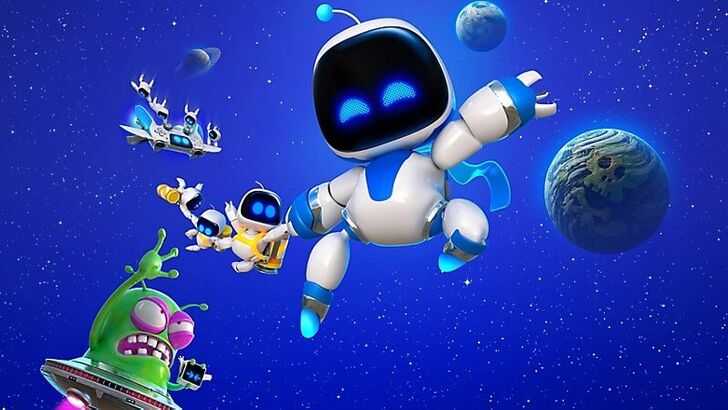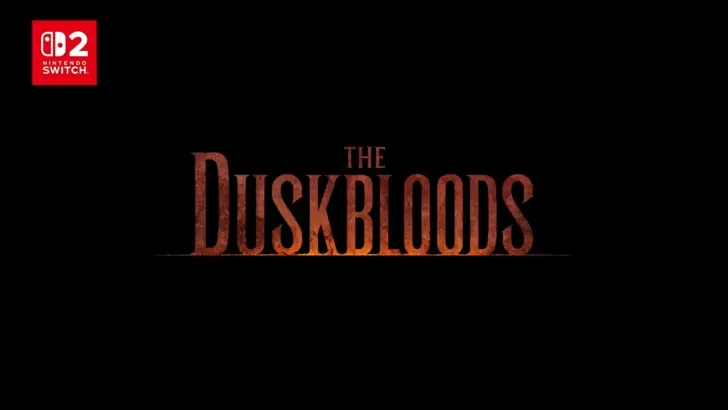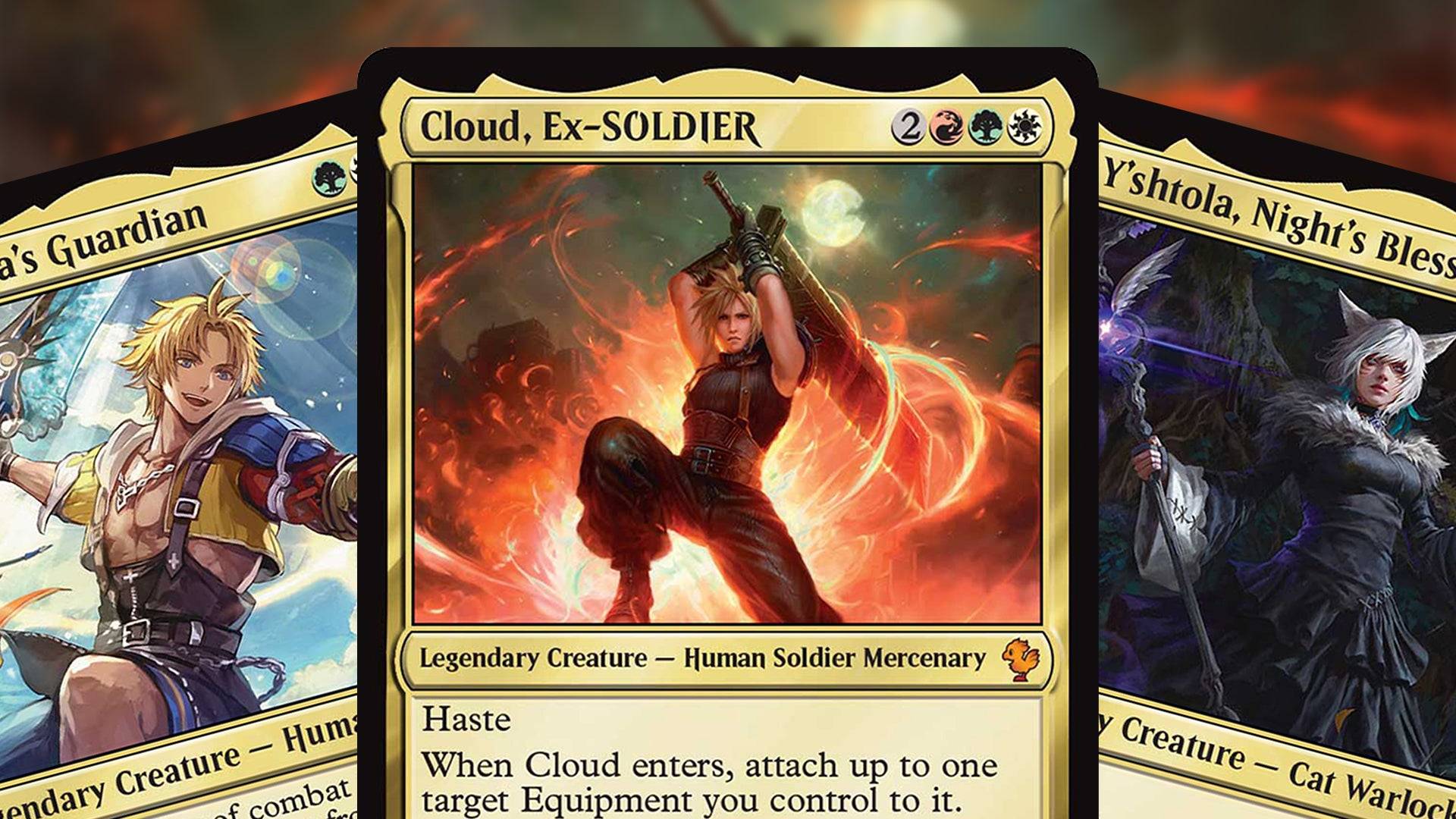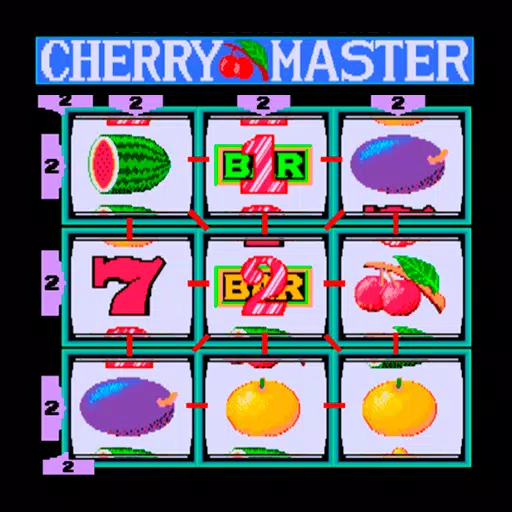
PlayStation Co-CEO Hermen Hulst: AI's Role in Gaming – A Necessary Enhancement, Not a Replacement
Hermen Hulst, co-CEO of PlayStation, recently shared his perspective on artificial intelligence (AI) in gaming, emphasizing its transformative potential while firmly asserting the irreplaceable value of human creativity. This comes as PlayStation celebrates 30 years in the gaming industry, reflecting on its journey and future direction.
Hulst acknowledges AI's capacity to "revolutionize gaming," streamlining processes like prototyping and asset creation. However, he stresses the crucial need to maintain the "human touch," highlighting the unique creative contributions of human developers. This sentiment resonates amidst concerns within the gaming industry, particularly regarding the potential displacement of human workers by AI, as evidenced by recent voice actor strikes. Many studios are already integrating AI into their workflows, primarily for efficiency gains in early development stages (CIST market research indicates 62% of studios utilize AI for tasks like prototyping and world-building).
Hulst envisions a future with a "dual demand": a market for both AI-driven innovative experiences and meticulously handcrafted games. PlayStation itself is actively involved in AI research and development, possessing a dedicated Sony AI department established in 2022. Beyond gaming, the company aims to expand its intellectual property (IP) into film and television, citing the upcoming God of War series as an example. This broader entertainment strategy may underpin rumored acquisition plans, such as the potential purchase of Kadokawa Corporation, a major player in Japanese multimedia.
Reflecting on PlayStation's history, former PlayStation chief Shawn Layden described the PlayStation 3 (PS3) as an "Icarus moment," a period of overly ambitious goals that ultimately led to valuable lessons. The PS3's attempt to be more than just a game console proved too costly and complex. Layden emphasized the importance of returning to core principles: creating the "best game machine of all time," prioritizing gaming experiences above other multimedia features. This refocusing paved the way for the success of the PlayStation 4.































